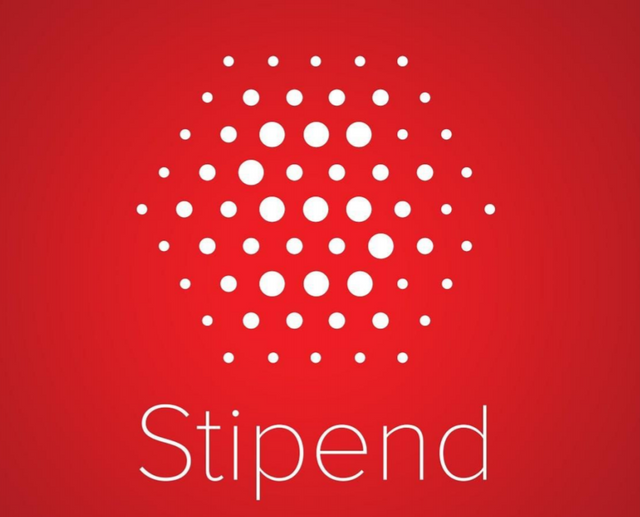I like to approximate it like this
The value of the currency ≈ total number of people using the system
That’s because I believe that the the total number of people using a system is a good approximation for the total amount of good and services in that system. This isn’t entirely true as some groups of people are more productive than others, but I think it’s ok when we’re looking at global phenomena like government currencies and crypto currencies.
My key point here is that PEOPLE ACCEPTING IT AS VALUE IS WHAT GIVES IT VALUE! How much value we can talk about below, but the real thing to understand when stated as simply as possible is: People are the value!
This is what SPD will make really diferent, A decentralized platform for freelancers,

Why do people even use currency?
Because it’s so much easier than barter! Look I’m a chemist by trade. If I have to trade hours of chemistry labor for a certain amount of vegan meatballs it’s going to be pretty challenging. I need to find a vegan meatball sales man willing to accept hours of chemistry labor to make the trade happen… Instead we all collectively decide it’s better to have currencies we can all use and then trade for the currency as a medium of exchange. This makes life a lot easier!
Who gets to create currencies?
For 100 years or so the only people creating currencies that are adopted on a wide scale are governments (or the private banks they employ). They print money. They get to print the money because they are in charge. You’re born under their rule and they print it as they see fit. Sometimes they do good things with it and you experience a nice life. Sometimes they enact horrible plans and you’re stuck rioting as your national economy goes through a hyperinflated death spiral. Either way you’re not really choosing your currency when you’re born. You simply have the local currency and that’s your option.
But an interesting thing happened with bitcoin, then it’s clones, and then it’s alts. Government currencies suddenly had a new competitor. They used to have some of that competition back in the Wild Cat Banking era, when private banks issued currencies all the time. This was actually a pretty good time for people. There were booms and busts in those currencies, but it was generally prosperous because people could invest as they saw fit in good private currencies and some fortunes were made. But the USG consolidated that back in the early 1900s. So, private currencies isn’t a new thing. It’s just that now there’s new technology that allows it and makes it fairly simple to implement globally.
Blockchains and CryptoCurrencies
What’s a blockchain? What’s crypto? A blockchain is a big ledger. A ledger is basically a data table that keeps track of individual accounts, what’s been issued, and who owns what. The blockchain starts pretty simply and over time it adds transactions and new people. The whole block chain is made up of individual blocks. Each block keeps information that was stored in it during that time period. Sally sent Jim 15 tokens. Jim sent Jane 10 Tokens. The platform generated 1 new token would be some of the transactions stored in an individual block. Every X minutes a blockchain will store what happened on the chain in that time period in a new block and add that block to the chain. Each block chain determines how much time is stored in each block.
It would be like saving just the changes to an excel table rather than the whole table every 5 minutes, and storing all those series of changes in lots of little linked files.
STIPEND CRYPTOCURRENCY
Stipend advances the vision and promise of a decentralized platform for freelancers
Stipend goes by the ticker SPD, a POS/Masternode coin with 19,340,594 SPD coin total supply.
Algo (POW/POS): C11 / Sha-256d
blocktime: 1.5 min
block reward (POW/POS): 15 SPD / 35 SPD
total supply: 19,340,594 SPD
Difficulty retargeting: every block
P2P port: 46978
RPC port: 46979
Masternode Collateral: 5,000 SPD
1st block premine: 2.45% (475,000 SPD)
Net premine: 2.07% (400,000 SPD)
Stipend's Ecosystem
Ways to find work, tasks, bounties, surveys or even offer them are split between multiple platforms and have astronomically high fees. We believe that a decentralized, blockchain-based platform will be better and a more future-proof replacement for such platforms. Because Stipend’s platform relies on the blockchain – all transactions, ratings and history will be permanently engraved into the blockchain which will further increase the openness and transparency in this market.